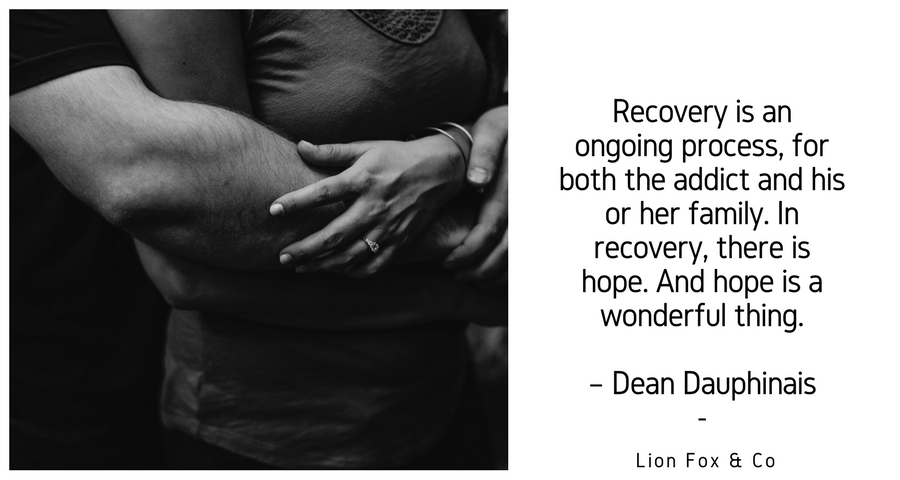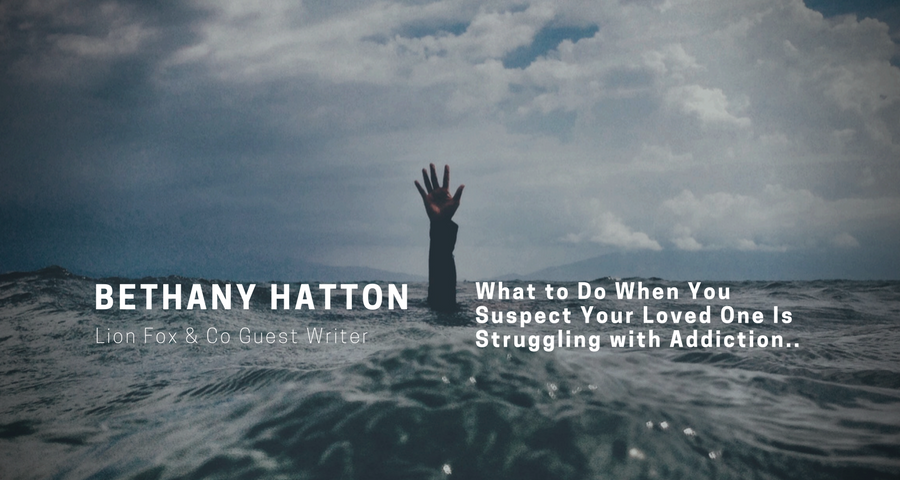Addiction
Addiction is a word thrown around a lot these days. People will say how “addicting” their new favorite Netflix series is, or how they are a “chocoholic.” For those whose loved ones have struggled with drugs and alcohol, addiction is a very serious matter. When someone you love battles an addiction, it’s almost like they’ve become a different person, and the damage done to families can be devastating. The best way to beat addiction is to recognize the signs and get help as soon as possible. Here are a few steps you can take if you believe that your loved one might be an addict.
Recognizing Signs of Addiction
The line that separates addiction from casual usage is perilously thin. Substances that are more or less socially acceptable, such as alcohol, can be seemingly harmless at first. By the time you realize that a loved one has substance abuse issues, it’s already a major problem. But how do you catch addiction before the situation becomes dire?
There are a few signs that you can look for, and if you spot a few of these occurring simultaneously, it often points to a loved one having an unhealthy dependence on a substance. Drugs that are highly illegal such as heroine or methamphetamines are usually taken in secret. Signs that a loved one may be using an illegal drug might include withdrawal, repeatedly poor judgement, or financial problems. If a loved one openly uses a substance such as alcohol, you also may notice that they have an increasing tolerance and are therefore drinking more frequently.
Staging an Intervention
Once you are sure that there is a problem, you need to take some sort of action. If you catch addiction fairly early, you can try holding an intervention on your own. However, when the addiction has gotten out of hand, you may have to take more immediate action—especially when the life of your loved one is at risk.
There are many ways to go about staging an intervention. Many families choose to do it together. It can be difficult to express concern with a loved one on your own, and having more people there in the room can help you discuss the underlying problem and work more efficiently toward a solution. It’s hard to say how a loved one will receive an intervention. There may be denial, hurtful words, and heated moments. But it’s important to keep a safe and open environment for everyone to keep the intervention focused on love, not accusations.
Seeking Treatment
Usually, it’s not enough to simply address that addiction is a problem. The next step usually comes in the form of treatment, be it a traditional 12-step program like Alcoholics Anonymous or another religious-based recovery program. There is no one correct way to go about addiction treatments. Sometimes people attend retreat-style rehab clinics, and other times individuals will commit themselves to holistic therapy to address the underlying issues of addiction. How you proceed depends entirely on the needs of your loved one, in order to give them the best chance of recovery.
The Healing Process
Once a loved one begins treatment for their addiction, the damage does not immediately go away. Oftentimes, addiction leaves a trail of wreckage in its wake, and the friends and family of the loved one are left picking up the pieces. Once an intervention occurs and treatment is underway, the healing process begins. Damaged relationships will need to be mended, and trust will have to be reestablished over time. In these instances, it takes effort on both sides to really allow the healing process to take hold.
It takes courage to recognize and then confront addiction. One of the hardest things to do in life is watch someone close to your heart fall into addiction’s treacherous trap. While addiction can damage relationships, there’s always a way for love to enter back into your life and mend the bridges between loved ones.

Bethany Hatton, a retired librarian with 32 years of experience, created PreventAddiction.info after her oldest grandson became addicted to opioids. Using the research skills she honed during her work as a librarian, she dedicated herself to searching the internet to find the most reputable, reliable information to share on her site. Though she discovered there is no guaranteed way to prevent addiction; she was able to find many helpful resources that can keep the public up to date on the latest prevention, addiction, and recovery information.

